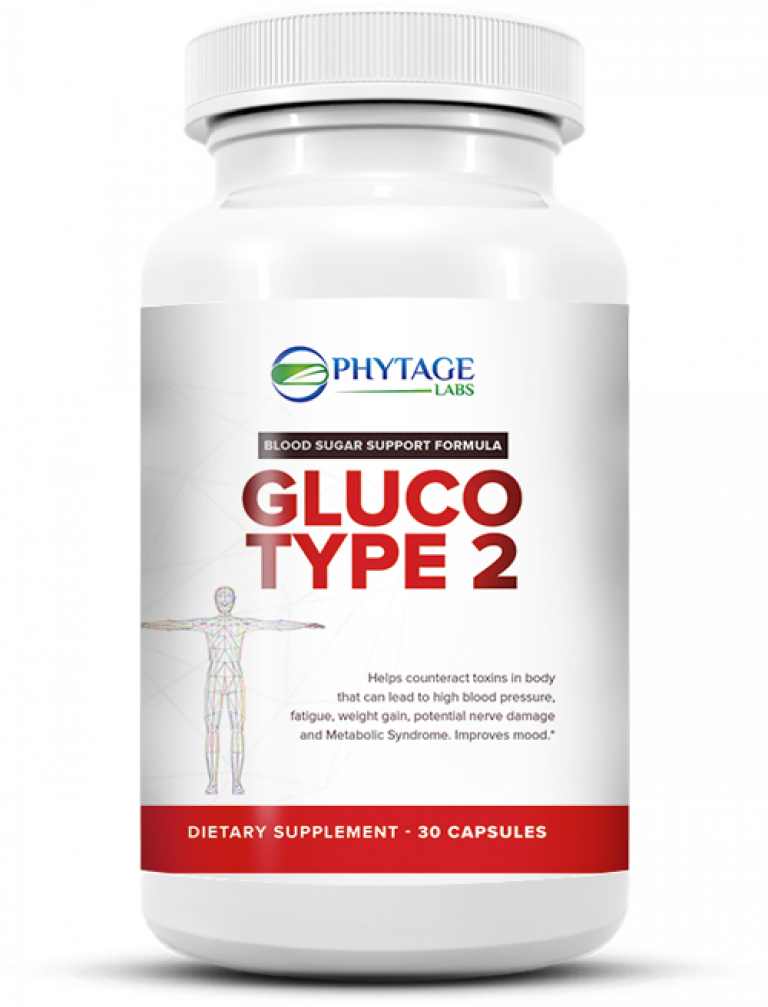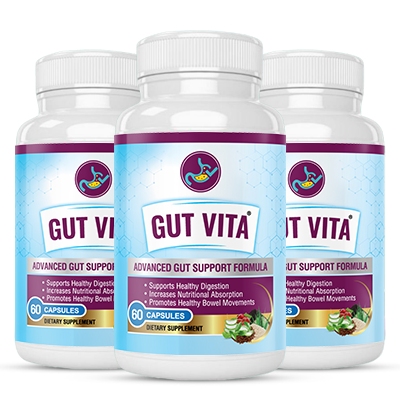Understanding Dog Gut Health: Pet’s Digestive Wellness!
As a pet owner, you want the best for your furry friend, and maintaining good gut health is a vital aspect of their overall well-being. The gut, often referred to as the “second brain,” plays a crucial role not just in digestion but also in the immune system and even behavior. Just like humans, dogs can experience various gastrointestinal issues, which can affect their quality of life if left unaddressed.
In this article, we’ll explore everything you need to know about your dog’s gut health, including why it’s important, common gut-related issues, how to maintain a healthy gut, and the role of diet and probiotics in supporting your dog’s digestive system.
- Why is Dog Gut Health Important?
The gut comprises a complex system of organs that break down food, absorb nutrients, and expel waste. But the gut is more than just a digestive powerhouse. It also plays a critical role in:
- Immune Health: Nearly 70% of your dog’s immune system resides in the gut, making it the first line of defense against harmful pathogens.
- Nutrient Absorption: Without a properly functioning gut, your dog cannot absorb essential nutrients, leading to deficiencies and poor health.
- Behavior: The gut and brain are connected through the gut-brain axis. An unhealthy gut may lead to anxiety, depression, and other behavioral issues in dogs.
Maintaining a healthy gut is not only about preventing digestive disorders but also about keeping your dog’s immune system strong and their mood balanced.

- Common Gut-Related Issues in Dogs
There are several common gastrointestinal (GI) issues that can affect dogs, ranging from mild to severe. Understanding the signs of these conditions will help you identify when your dog needs veterinary care or a change in diet.
- Diarrhea: Diarrhea is one of the most common digestive issues in dogs. It can result from a variety of factors, including dietary indiscretion (eating something they shouldn’t), infections, food allergies, or stress. While occasional diarrhea may not be concerning, chronic or recurrent diarrhea could indicate an underlying gut health issue that needs attention.
- Constipation: On the opposite end of the spectrum, constipation occurs when dogs have difficulty passing stool. This may be due to dehydration, lack of dietary fiber, or underlying health issues such as an intestinal blockage or inflammation.
- Inflammatory Bowel Disease (IBD): IBD is a chronic condition that causes inflammation in the intestines. It can lead to symptoms such as diarrhea, vomiting, and weight loss. IBD is typically diagnosed after ruling out other causes of chronic GI symptoms and requires long-term management.
- Leaky Gut Syndrome: Leaky gut syndrome occurs when the lining of the intestines becomes permeable, allowing toxins, bacteria, and undigested food particles to “leak” into the bloodstream. This condition can trigger systemic inflammation and contribute to food sensitivities, allergies, and autoimmune diseases.
- Food Allergies and Sensitivities: Food allergies and sensitivities can cause GI symptoms such as diarrhea, gas, and bloating, as well as skin conditions like itching and redness. Common allergens for dogs include chicken, beef, dairy, and grains.
- Bloat (Gastric Dilatation-Volvulus): Bloat, also known as Gastric Dilatation-Volvulus (GDV), is a life-threatening condition in which the stomach twists, trapping gas and fluids inside. This can lead to a rapid decline in health, and emergency veterinary care is required. Large and deep-chested breeds like Great Danes and Boxers are at higher risk for bloat.
- Signs of Poor Gut Health in Dogs
Identifying the signs of poor gut health can help you take action before the issue becomes severe. Look out for the following symptoms that may indicate digestive problems:
- Frequent vomiting or diarrhea
- Constipation or straining to defecate
- Unexplained weight loss
- Flatulence or bloating
- Change in appetite (either loss of appetite or excessive hunger)
- Changes in stool consistency or color
- Lethargy and lack of energy
- Skin conditions such as itching, rashes, or hot spots
If your dog exhibits any of these symptoms for an extended period, it’s important to consult your veterinarian to rule out underlying health issues.
- How to Improve and Maintain Your Dog’s Gut Health
Maintaining a healthy gut for your dog involves a combination of proper nutrition, supplements, and overall wellness practices. Here are some tips to promote good gut health for your furry friend:
- Provide a Balanced Diet: The foundation of good gut health begins with a balanced diet. Choose high-quality dog food that contains whole, natural ingredients and is free from artificial preservatives, fillers, and by-products. Look for food that includes high-quality protein, healthy fats, and fiber to support digestion. Consider incorporating prebiotic-rich foods into your dog’s diet, such as pumpkin, bananas, and sweet potatoes. Prebiotics act as food for the good bacteria in the gut, promoting a healthy balance of microorganisms.
- Probiotics for Dogs: Probiotics are beneficial bacteria that help support gut health by improving digestion, balancing the gut flora, and boosting the immune system. Dogs with digestive issues, or those who have recently been on antibiotics, may particularly benefit from probiotics. Look for dog-specific probiotic supplements that contain strains like Lactobacillus and Bifidobacterium. In addition to supplements, you can feed your dog probiotic-rich foods such as plain yogurt, kefir, and fermented vegetables (ensure they are dog-safe and unseasoned).
- Fiber-Rich Foods: Fiber is essential for promoting regular bowel movements and preventing constipation. It also helps maintain a healthy weight, which is important for overall gut health. Pumpkin is a fantastic source of soluble fiber that can soothe the digestive tract, especially for dogs with diarrhea or constipation. Other fiber-rich foods for dogs include green beans, carrots, and oatmeal. Always introduce new foods slowly and monitor your dog’s response.
- Stay Hydrated: Adequate hydration is crucial for good digestion. Ensure your dog has constant access to fresh water to keep their digestive system functioning properly. Dehydration can lead to constipation and other gut issues, so encourage your dog to drink throughout the day.
- Regular Exercise: Exercise is important for maintaining a healthy gut. Physical activity helps stimulate the muscles in your dog’s intestines, promoting regular bowel movements. It also reduces stress, which can negatively impact gut health. Aim for regular walks, playtime, and mental stimulation to keep your dog active and healthy.
- Avoid Sudden Diet Changes: Switching your dog’s food too quickly can cause digestive upset, including diarrhea and vomiting. When introducing new food, do it gradually by mixing small amounts of the new food with the current food and slowly increasing the proportion over several days.
- Supplements for Dog Gut Health
In addition to probiotics and prebiotics, there are other supplements that can support your dog’s digestive health:
- Digestive Enzymes: Digestive enzymes help break down food into smaller molecules, making it easier for your dog’s body to absorb nutrients. If your dog experiences frequent bloating, gas, or diarrhea, digestive enzymes may be beneficial.
- Slippery Elm: Slippery elm is a natural remedy often used to soothe the digestive tract. It can help relieve symptoms of diarrhea, constipation, and other GI issues. It forms a protective coating in the intestines, reducing inflammation and irritation.
- Omega-3 Fatty Acids: Omega-3 fatty acids, found in fish oil, have anti-inflammatory properties that can benefit the gut by reducing inflammation in the intestines. They also support overall immune function, which is closely tied to gut health.
- When to See a Veterinarian
While many gut issues can be managed with diet and supplements, it’s essential to seek veterinary care if your dog’s symptoms persist or worsen. Chronic diarrhea, vomiting, significant weight loss, or signs of bloat should be addressed immediately. Your veterinarian may perform diagnostic tests such as blood work, fecal exams, or X-rays to determine the cause of your dog’s digestive issues. In some cases, prescription medications or specialized diets may be required to manage conditions like IBD or food allergies.
Conclusion
Your dog’s gut health is essential to their overall well-being, affecting everything from digestion to immune function and even mood. By providing a balanced diet, incorporating probiotics and fiber-rich foods, and ensuring they stay active and hydrated, you can help support a healthy gut for your furry friend. Remember to monitor your dog for any signs of digestive distress and consult your veterinarian if needed. A healthy gut means a happier, healthier dog!
More Information





